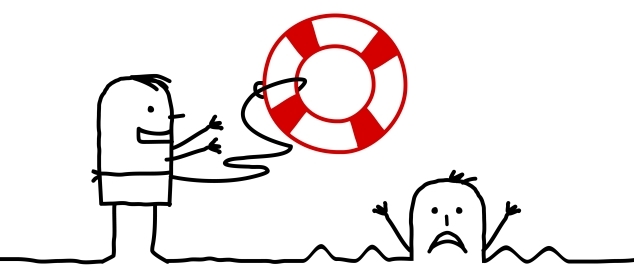Physical self-focused coping: Relax your body to manage stress
In this article, I discuss why performing activities to relax your body is fundamental to managing stress. One of the most common issues clients for which clients seek help is how to manage stress. When I work with clients on this issue, I help them to implement a ‘game plan’ for managing stress which consists of a set of strategies. A key component of this game plan for managing stress is performing activities which relax the body to relieve the physical tension which comprises the stress response known as ‘fight or flight’. In the following sections, I will discuss the activities you can perform which accomplish this goal...[more]









